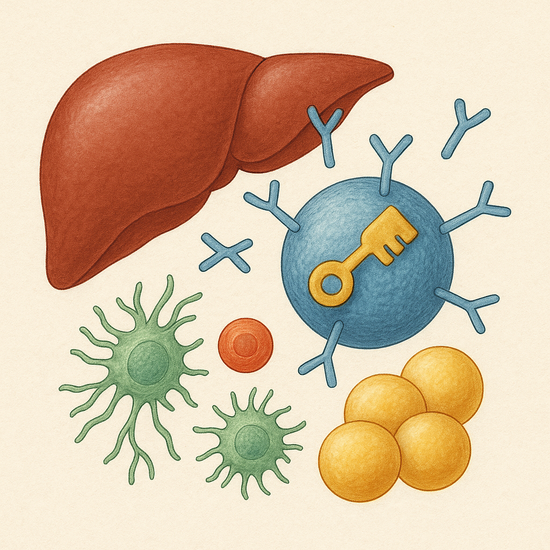News
Jan 15th, 2025: Congratulations to Adrian on receiving a HCRW Next Steps Award to work as a Research Associate in the lab from April 2026.
July 1st, 2025: Congratulations to Luyang on being selected to speak at the ISMB/ECCB 2025 joint conference and on winning a conference fellowship.
June 5th, 2025: Congratulations to Luyang, who has been selected to give a talk at the South-West RNA Club annual meeting 2025.
December 10th, 2024: Congratulations to Birong for successfully passing her PhD viva!
December 6th, 2024: Birong was selected to give a seminar at the EMBL-EBI-AstraZeneca workshop.
August 29th, 2024: Congratulations to Dien for successfully passing his PhD viva!
March 29th, 2024: Congratulations to Dien, who was selected to give a talk at the APASL 2024 annual meeting and won an Investigator Award.
March 1st, 2024: Congratulations to Wei for winning the European Association for the Study of Obesity Travel Grant and being selected to give a talk at the 31st European Congress on Obesity annual meeting.
November 27th, 2023: Dien’s review on Complement and NAFLD has been published in Liver International.



